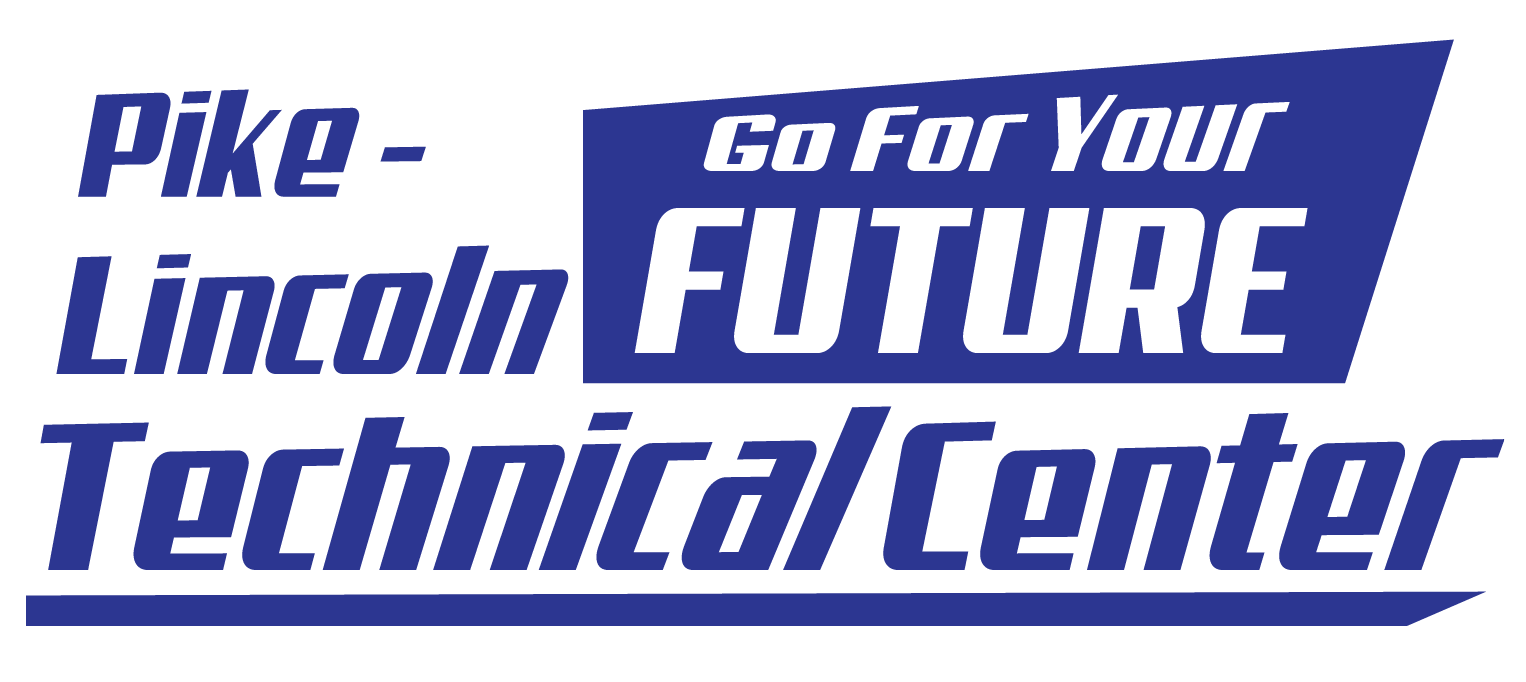Health Sciences
Course Description
Health science is designed as one or two-year program (3 credits per year) for high school students. The course prepares the student for entry level employment and/or post-secondary education in the healthcare field. First year curriculum concentrates on a core curriculum applicable to all healthcare fields along with career exploration. An individually designed curriculum is the focus of the second-year student in Health Sciences which provides the student with further study in a specific field of their choice. Instructional methods include classroom lecture and discussion,laboratory, and clinical rotation sites.
Prerequisites
11th or 12th grade, interest in health career, math skills in computation, measurement, ratio & proportions, reading comprehension & writing communication skills, GPA of 2.0 or above, and organizational skills.
Personal Skills
Personal skills include sincere interest in people, ability to make judgments and decision, work under stress, oral written communications, meeting strict standards, dealing with people, and many changing duties.
Physical Skills
Physical skills may include lifting, carrying, pushing or pulling, standing for long periods, reaching, using hands, talking, hearing, seeing clearly up close, and walking.
Salary Range
The average salary for entry-level nursing aides in Missouri $13,610 ($7.9/hr) to an average of %22,930 (11.02/hr) for experienced workers. The average hourly wage in Missouri $10.1.
Suggested Related H.S Coursework and Activities
Algebra, Biology, Chemistry, Sociology, Psychology, Keyboarding, Language Arts, Speech, SkillsUSA
Continuing Education
Health care education can vary in length from a few weeks to several years depending upon the chosen career.
Related Occupations
Courses to be eligible to complete State Certification Exams, 1 year, 2 year, 3 year, Baccalaureate, Masters, Doctorate – each determined by the chosen career.
Missouri Job Outlook
Health careers are the nation’s largest industry. Employment in the healthcare industry is expected to grow much faster than the average growth. The occupational outlook for those choosing a career in many health careers is very promising. Employment in Missouri for nursing aides is projected to increase from 38,390 in 2006 to 41,440 in 2016, an 8% increase.
Clinical Experiences
Hospitals
Long term Care Facility
School Health
Medical Offices
Pharmacy
Veterinarian Offices
Laboratory
Dietary
Radiology
Physical Therapy
Individually designed experiences
Respiratory Therapy
Housekeeping
Dietary
Placement
The percent of out students who, 6 month after graduation, were continuing their education, employed in the workforce or in the military
2003 – 93%
2004 – 100%
2005 – 94%
2006 – 88%
2007 – 100%
2008 – 87%
Health Sciences Curriculum | Units of Study | 1st year | Anatomy and Physiology of Human body | Basic Health Care Skills/ CPR | Communication/ Charting Skills | Ethical & Legal Responsibilities of HealthCare Workers | Human Growth and Development | Medical Terminology | Microbiology and Infection Control | Safety/ Fire/ Natural Disaster | Clinical Experience | Career Exploration | Pre-Employment | Total Clock hours | 2nd year | Individually designed curriculum to meet student’s career goals | Total Clock Hours |
|---|---|---|---|---|---|---|---|---|---|---|---|---|---|---|---|---|---|
Clock Hours | 100 | 100 | 30 | 10 | 20 | 50 | 30 | 10 | 40 | 40 | 20 | 450 | 450 |
